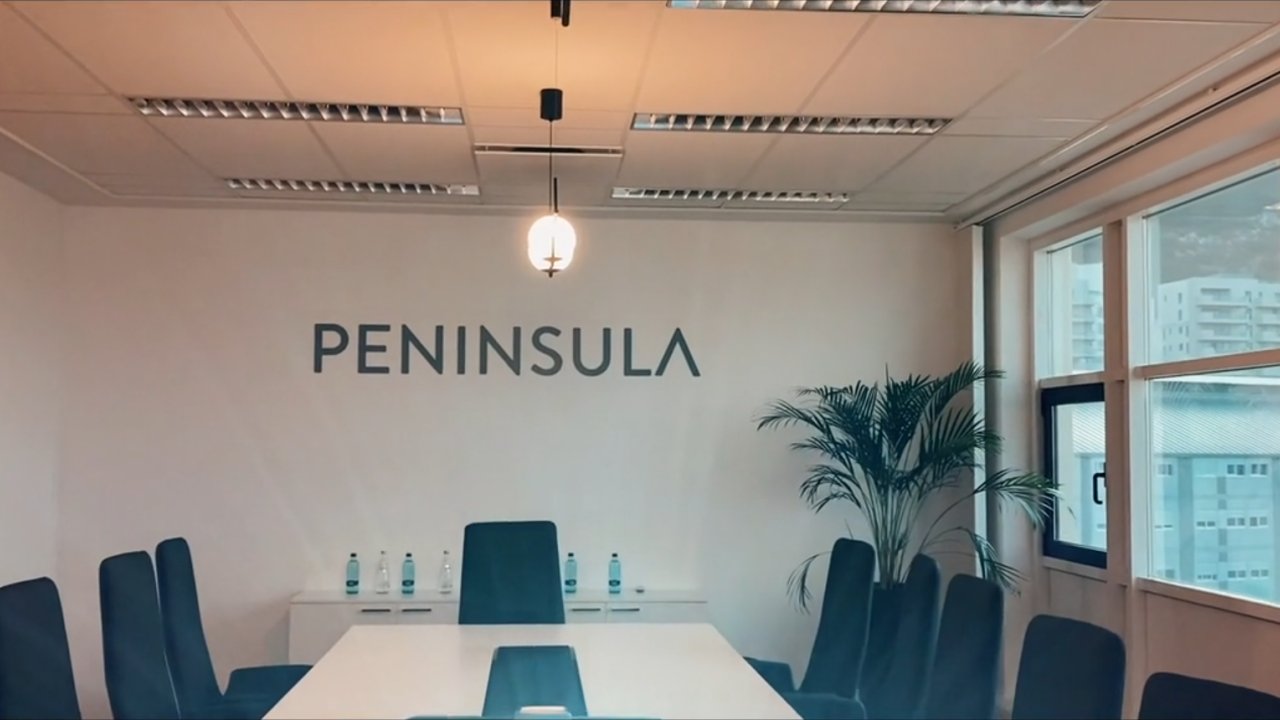
 |
Marine fuel supplier Peninsula has confirmed the recent conclusion of its maiden B30 biofuel supply deal in Zeebrugge, Belgium.
The delivery, which took place on March 24, was performed by Peninsula's supply tanker New York and involved the refuelling of the Garnet Leader vehicles carrier, operated by Nippon Yusen Kabushiki Kaisha (NYK).
Peninsula's B30 biofuel is a blend comprising 30% ISCC EU-certified sustainable used cooking oil methyl ester (UCOME), which is said to provide an 84% reduction in GHG emissions.
Commenting on the milestone delivery, Peninsula's Head of Biofuels Desk, Nikolas Nikolaidis, said: "As the maritime industry, along with prominent players like NYK, intensifies their adoption of Sustainable Marine Fuels (SMF), the accessibility of such solutions grows in significance. Peninsula is committed to collaborating closely with our established clients and partners to deliver SMF solutions where demand is highest. Peninsula is broadening its biofuel supply network, positioning itself as the leading physical marine fuel supplier to offer comprehensive biofuel solutions across multiple regions and ports for our customers."
Kaori Takahashi, General Manager of NYK's Fuel Group, remarked: "NYK is proud to collaborate with Peninsula in this pioneering supply of B30 biofuel, which underscores our dedication to environmental sustainability and innovation in the maritime sector. By leveraging sustainable biofuels like B30, we are taking meaningful strides towards reducing greenhouse gas emissions. NYK remains dedicated to driving positive change within the industry while meeting the evolving demands of our customers and stakeholders."

|
Maersk and Hapag-Lloyd suspend Strait of Hormuz transits amid Middle East security crisis
Container carriers reroute services around the Cape of Good Hope as military conflict escalates. |
|
|
|
||

|
Operations continue as normal at most Middle East ports
Most facilities operating normally, with exceptions in Oman and Saudi Arabia. |
|
|
|
||

|
Naftomar takes delivery of 93,000-cbm dual-fuel ammonia carrier
Gaz Ronin features a MAN dual-fuel engine with high-pressure selective catalytic reduction technology. |
|
|
|
||

|
AYK Energy completes world’s largest marine battery retrofit on Wasaline ferry
Aurora Botnia receives 10.4 MWh battery system, bringing total capacity to 12.6 MWh. |
|
|
|
||

|
Dalian Shipbuilding begins construction on LNG dual-fuel crude tanker
Development is one of a number of milestones reported by parent company over the past few days. |
|
|
|
||

|
Sallaum Lines launches Blue Corridor sustainability initiative for Europe–Africa ro-ro trade
Company deploys LNG-capable vessels with AI routing and eco-speed protocols on new green shipping corridor. |
|
|
|
||

|
Eidesvik Offshore signs yard contract for ammonia retrofit of PSV Viking Energy
Halsnøy Dokk to convert platform supply vessel as part of EU-backed Apollo project. |
|
|
|
||

|
North Sea Port completes risk analysis for alternative fuel bunkering operations
Port authority says LNG, hydrogen, methanol and ammonia can be safely refuelled across its facilities. |
|
|
|
||

|
Ammonia emerges as most feasible alternative fuel for deep-sea shipping in 2050 emissions study
Research combining expert survey and technical analysis ranks ammonia ahead of hydrogen and methanol. |
|
|
|
||

|
EMSA study examines biodiesel blend spill response as shipping adopts alternative fuels
Research addresses knowledge gaps on biodiesel-conventional fuel blends as marine pollutants and response measures. |
|
|
|
||
| Peninsula launches B100 bunker vessel in Barcelona [News & Insights] |